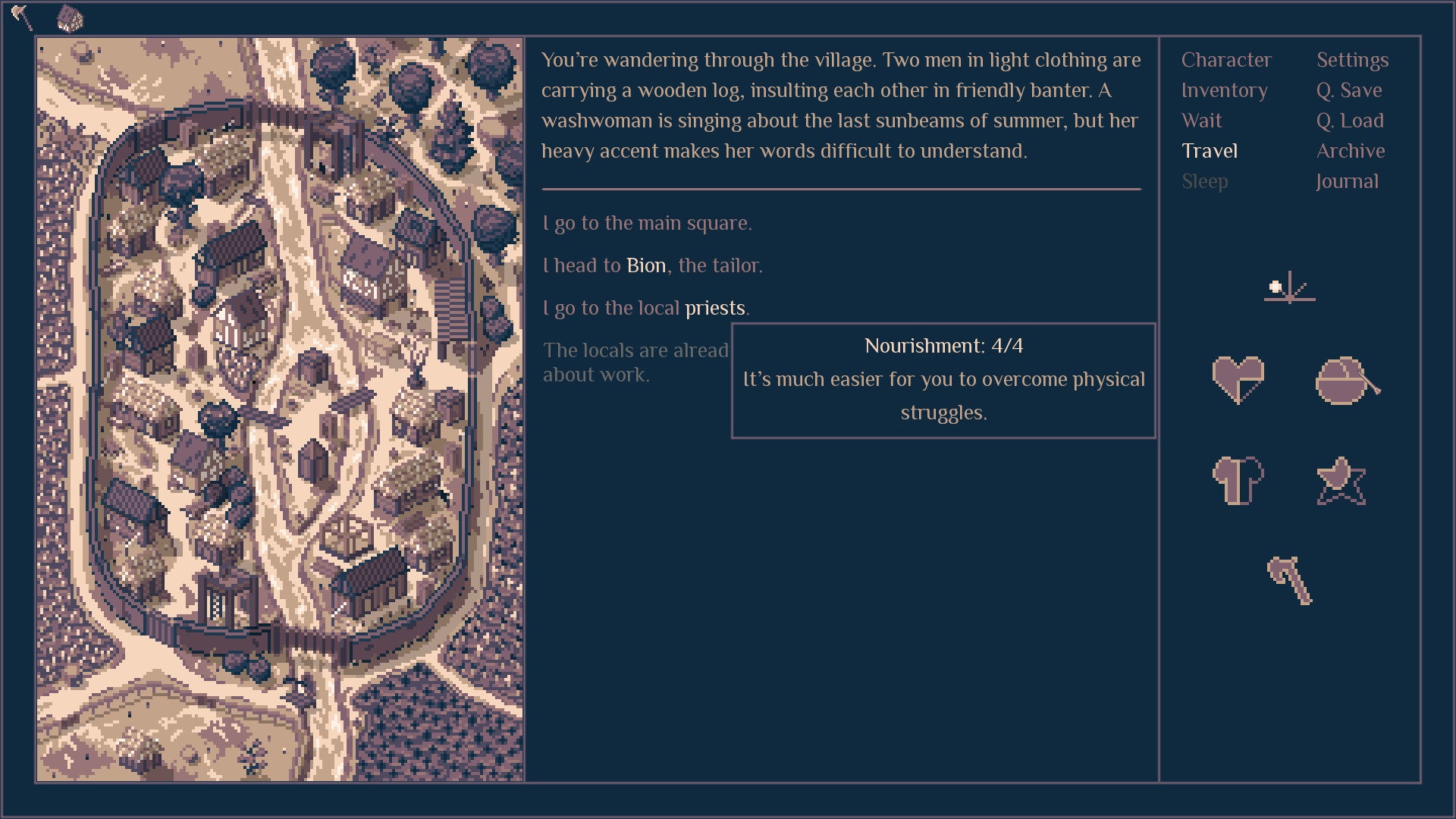
I started 2022 by suggesting that we question the prominence of earning as a “play” activity and of economic transactions generally in videogame worlds. One way of going about that is to think about the many different currencies we’ve all abandoned in various save files over the years. Rupees in Zelda. Glimmer, legendary shards and bright dust in Destiny. Bottlecaps in Fallout.
Some of those currencies have colourful world-building attached; others plug into pleasingly volatile market simulations. But they feel pretty interchangeable to me in hindsight, because the process of earning dosh in most games is so bland and inconsequential, making little overall impact on the world even in games that give you a choice of economic backgrounds. Many single-player RPGs, especially, are just consolatory fantasies of steady, even passive self-enrichment, where the player’s wealth floats alongside everything else, pacing progress in an abstract way. You can argue that this is worrying because it teaches us not to think critically about the economy in general, but the simpler observation is that it’s a missed opportunity for drama: so many great stories are about following the money.
One reason Roadwarden is my game of the year is that it actually got me interested in buying and trading again. Rather than a process of generic acquisition, it treats money and transactions as living elements of human relationships – tools for both surviving and understanding its gloriously mucky and disgruntled mediaeval society. True, this is to some extent another RPG built around piling up coins to spend on health refills and tasty equipment, but everything is incredibly specific.
Take the coins. They’re discs of shaved dragon bone, which puts this fantasy’s core theme in the palm of your hand: civilisation’s existence at the expense of mythical forest creatures who may overrun the settlements unless you, the roadwarden, keep both sides in check. Bones are scarce to begin with, and as such, they feel like belongings with individual histories, rather than a generic HUD item. Even if you amass a fat stack, you might remember how you came across certain coins – in a bag under a bridge, or in the pocket of a corpse with a name, loved ones and debts waiting to be discovered.
While you can exchange many items for bones, the coins don’t really dictate the value of your possessions, because Roadwarden’s economy is based on barter. This creates intimacy with other characters: to trade with them you must get to know them. Some would rather be paid in fish and forest fruits. Others deal in information – names to feed in parser-style while roaming a village, for example. There’s no hard divide between commodities and quest items: one person’s irreplaceable magic artefact is another person’s source of scrap for the furnace. The fascination of the world is as much about grappling with this on-going question of what is worth what to whom as, say, mapping the deep wilderness. In short, the game treats mundane transactions as a means of characterisation and exploration.
Roadwarden’s success here stems from the fact that it is both an RPG and a classic point-and-click adventure – it’s the descendant of a genre in which you combine objects in particular, imaginative ways to solve puzzles, rather than converting them to cash. The game has many other wonderful qualities: fights are actual narrative events, rather than filler; magic is more like a screwdriver than a gun; and then there’s the careful way it thinks about empire. But what I find most admirable is that it makes haggling in taverns as gripping and portentous as slaying a griffon.
Be the first to comment